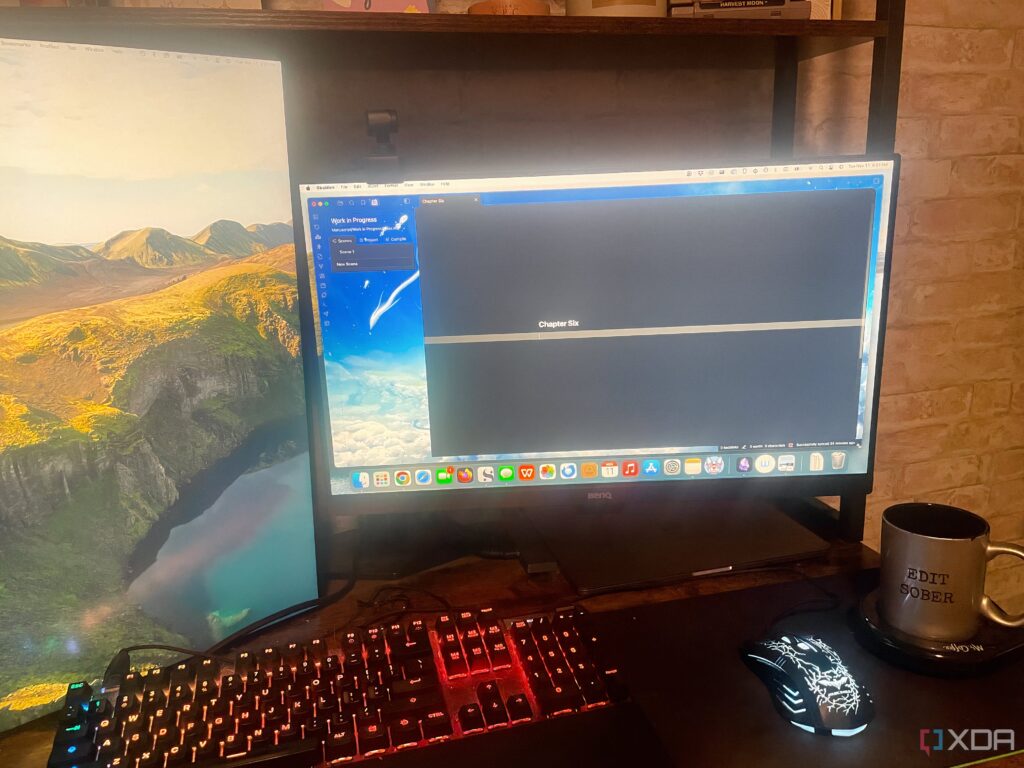
BREAKING: A new wave of plugins is revolutionizing the way writers compose novels in Obsidian, making it an increasingly popular choice among authors as of October 2023. With over 10 novels under their belt, a seasoned writer has shared their essential plugin picks that streamline the writing process, providing immediate tools that enhance productivity and focus.
In a recent announcement, the writer revealed how switching to Obsidian for their latest book not only improved their workflow but also opened new avenues for creativity. This shift is particularly important as many writers seek efficient, cross-platform solutions for their projects, especially amid rising dissatisfaction with traditional platforms like Microsoft Word and Scrivener.
Why This Matters Now: The growing community around Obsidian is responding to the need for innovative writing tools. As writers increasingly turn to Obsidian for its versatility, these plugins help tackle common challenges, such as maintaining focus and tracking progress.
Here are the standout plugins making waves:
Novel Word Count: This plugin tracks the total word count across your entire vault, allowing users to set goals and monitor their writing progress. It even enables writers to exclude specific folders, ensuring only relevant content contributes to their overall count.
Typewriter Mode: Aimed at reducing distractions, this feature highlights the current line being worked on while dimming the rest of the screen. Writers can personalize settings to their liking, enhancing their focus and productivity.
ProZen: This full-screen mode plugin enhances the writing environment by providing a clutter-free space. Though limited in customization, users can choose to display essential controls, promoting a singular focus on their writing.
Word Sprint: Emphasizing the importance of writing without interruption, this plugin encourages timed writing sessions. Users can race against the clock, tracking their word count and productivity throughout the day.
Longform: Arguably the most impactful of the plugins, Longform allows writers to organize scenes and set specific word count goals. Its Compile feature connects various scenes into a single note, mimicking the capabilities of dedicated writing software like Scrivener.
With these tools at their fingertips, writers are finding that Obsidian not only meets their needs but also enhances their creative processes. The flexibility of working across devices adds to its appeal, particularly for those frustrated with Scrivener’s limitations on Windows.
As writers continue to explore the potential of Obsidian, the community is buzzing with excitement over these plugins. In this rapidly evolving landscape, it’s clear that innovation in writing software is transforming the way stories are told.
Next Steps: Writers are encouraged to explore these plugins and consider integrating them into their own workflows. As more authors share their experiences, the tools available for novel writing in Obsidian will likely expand, creating a vibrant ecosystem for creative professionals.
Stay tuned for more updates as this trend develops, and share your experiences with Obsidian and its plugins!





